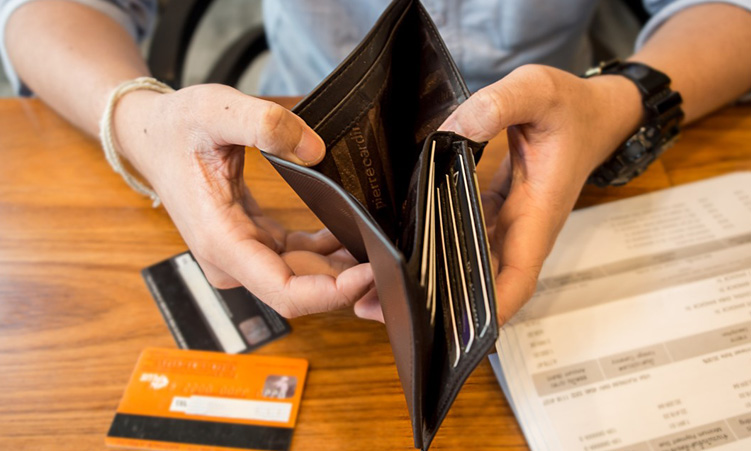Economist Omu Kakujaha-Matundu has advised Nambians to live within their means and cut unnecessary spending in light of the rising cost of living.
This comes after the Ministry of Mines and Energy announced a fuel price increase and the Electricity Control Board (ECB) on Friday announced an 8% tariff adjustment for the Namibia Power Corporation (NamPower).
Kakujaha-Matundu says Namibia is facing a cost-of-living crisis, which affects consumers, businesses and the government.
“Everything has gone up, and what we should realise is it eats into your pockets, meaning Namibians are poorer than they were in the past,” he says.
He says, due to this rise, the government may cut back on some public services.
He says there is a need for president Nangolo Mbumba and finance minister Iipumbu Shiimi to empathise with Namibians – even if the government cannot assist.
Matundu says the rise in fuel prices is being driven by the fact that Namibia is an oil-importing country, which is affected by the global oil market and currency exchange fluctuations.
“When it comes to the cost of electricity, it is being driven by NamPower/the government not investing enough in power generation.
“We are basically funding NamPower to keep its high-paid executives, because they have been sleeping on the job,” he says.
He says although there is no fiscal space to subsidise the taxi industry, which has been hit hard by the price of fuel, NamPower has failed to generate enough capacity to keep the cost of electricity down 34 years after independence.
Gustavo Kandango, a taxi driver at Swakopmund, says there should be an increase in taxi fare prices for taxi drivers to be able to afford the cost of fuel.
He says the general taxi fare should be increased from N$13 to N$15, and from N$26 to N$30.
“We are requesting that our prices also be higher, because currently it is at N$13, but our customers don’t always have enough money, so they pay N$10,” Kandonga says.
He says taxi drivers cannot afford to fill up their vehicles’ [tanks].
“Sometimes you have a problem with a car needing repairs, and also fuel. So, the situation is only better at the end of the month,” Kandonga says.
He says taxi drivers spend about N$400 on petrol per day.
“Remember, N$400 is not how much you are going to get out, unless it is the end of the month. During the rest of the month you can sometimes only make N$250, and therefore you are losing,” he says.
The mines and energy ministry has increased petrol by 70 cents per litre, and both diesel variants by 40 cents per litre.
The new price will come into effect on Thursday.
The new prices at Walvis Bay will be N$23 per litre for petrol, N$22,17 per litre for diesel 50 ppm, and N$22,37 per litre for diesel 10 ppm.
Fuel prices in other regions will be adjusted accordingly, with the National Energy Fund absorbing the remaining under-recoveries to alleviate the burden on consumers.
The ministry has recorded under-recoveries on both petrol and diesel products.
“The under-recoveries amount to 123,567 cents per litre on petrol, 60,214 cents per litre on diesel 50ppm, and 51,208 cents per litre on diesel 10ppm,” the ministry’s statement reads.
Additionally, the ministry extended a temporary relief margin of 20 cents per litre to oil importers for another six months, or until the petroleum import coordination system is implemented.
Stay informed with The Namibian – your source for credible journalism. Get in-depth reporting and opinions for
only N$85 a month. Invest in journalism, invest in democracy –
Subscribe Now!






